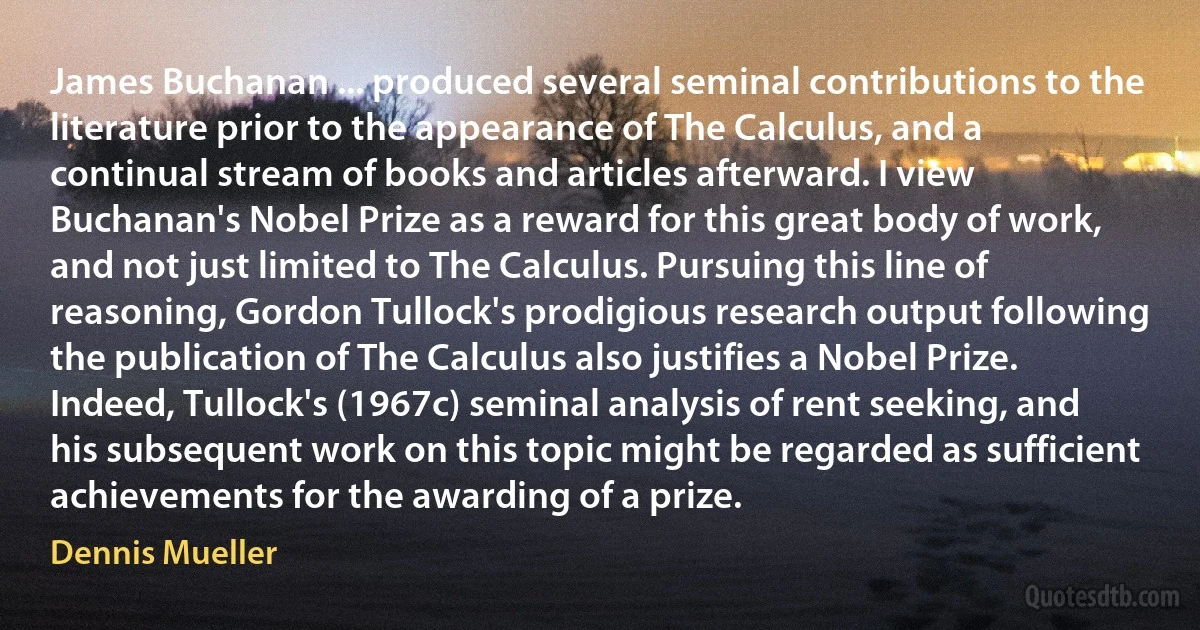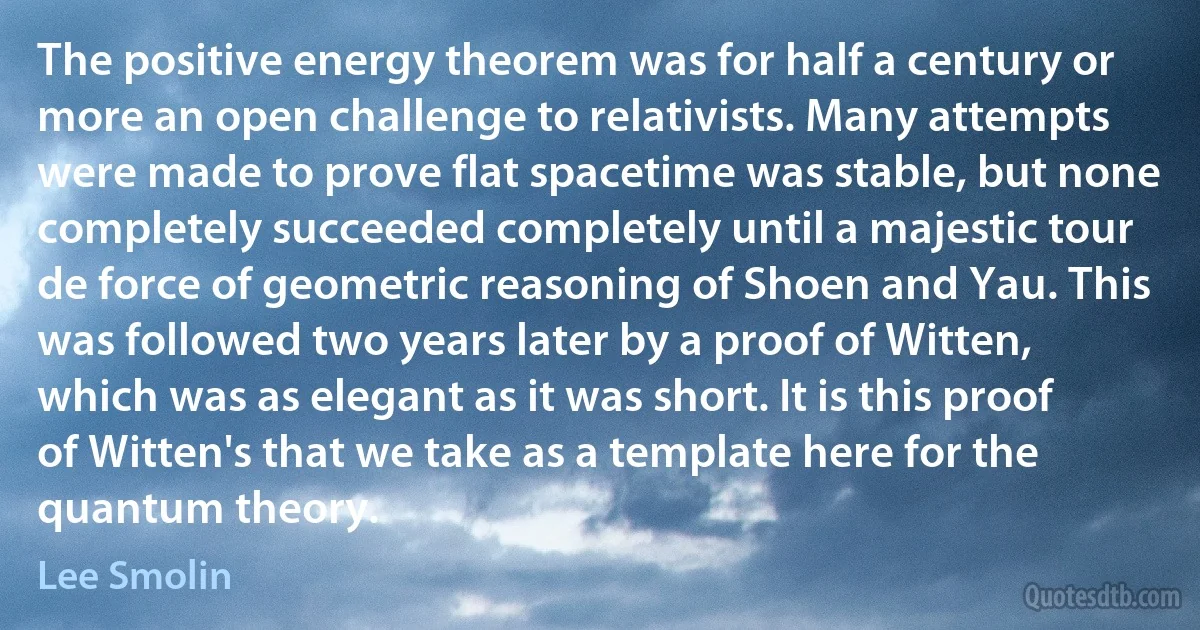Reasoning Quotes - page 13
Protocols:
Number 1, paras. 9,10
If every State has two foes, and if in regard to the external foe it is allowed and not considered immoral to use every manner and art of conflict, as for example to keep the enemy in ignorance of plans of attack and defense, to attack him by night or in superior numbers, then in what way can the same means in regard to a worse foe, the destroyer of the structure of society and the commonweal, be called immoral and not permissible?
Is it possible for any sound logical mind to hope with any success to guide crowds by the aid of reasonable counsels and arguments,, when any objection or contradiction, senseless though it may be, can be made and when such objection may find more favor with the people, whose powers of reasoning are superficial?
Graves: The basic ideas are the same despite word changes like... "two kinds of enemies” versus, "two foes.”.

Will Eisner
To quote the words of Timaeus, in Plato, "What is that which always is, and has no birth, and what is that which is always becoming but never is? The one is apprehended by the mental processes, with reasoning, and is ever the same; the other can be guessed at by opinion in company with unreasoning sense, a thing which becomes and passes away, but never really is."
Therefore, if we crave for the goal which is worthy and fitting for man, namely happiness of life-and this is accomplished by philosophy alone and nothing else, and philosophy means... for us desire for wisdom, and wisdom the science of the truth of things... it is reasonable and most necessary to distinguish and systematize the accidental qualities of things.

Nicomachus
Calculating risks does not mean taking a gamble. It is more than figuring the odds. It is not reducible to a formula. It is the analysis of all factors which collectively indicate whether or not the consequences to ourselves will be more than compensated for by the damage to the enemy or interference with his plans. Correct calculation of risks, by orderly reasoning, is the responsibility of every naval officer who participates in combat, and many who do not.

Ernest King
However, in all honesty, I must say that one must essentially forget that all proofs are transcribed in this formal language. In order to think productively, one must use all the intuitive and informal methods of reasoning at one's disposal. At the very end one must check that no errors have been committed; but in practice set theory is treated as any other branch of mathematics. The reason that we can do this is that we will never speak about proofs but only about models.

Paul Cohen
Thinking is most mysterious, and by far the greatest light upon it that we have is thrown by the study of language. This study shows that the forms of a person's thoughts are controlled by inexorable laws of pattern of which he is unconscious. These patterns are the unperceived intricate systematizations of his own language--shown readily enough by a candid comparison and contrast with other languages, especially those of a different linguistic family. His thinking itself is in a language-in English, in Sanskrit, in Chinese. And every language is a vast pattern-system, different from others, in which are culturally ordained the forms and categories by which the personality not only communicates, but also analyzes nature, notices or neglects types of relationship and phenomena, channels his reasoning, and builds the house of his consciousness.

Benjamin Lee Whorf
The strife was stilled, order and unity were restored, as soon as Avogadro's great idea was seen in its true light, and the concept of the molecule was introduced into chemistry. A formula which had required pages of reasoning from a purely chemical standpoint to establish, and that insecurely, was fixed by a single numerical result.

J. R. Partington
An explanation of a phenomenon is regarded, apparently instinctively, as the most general possible when it is a mechanical explanation. The "mechanism" of the process is the ultimate goal of experiment. Now this mechanism in general lies beyond the range of the senses; either by reason of their limitations, as in the case of the atomic structure of matter, or by the very nature of the supposed mechanism, as in the theory of the ether. The only way to bridge the gap between the machinery of the physical process and the world of sense-impressions is to think out some consequence of that mechanism. This we will call the hypothesis. The hypothesis, resting still on the mechanical basis, is yet beyond the range of direct experimental investigation; but if, by mathematical reasoning, a consequence of the hypothesis can be deduced, this will often lie within the range of experimental inquiry, and thus a test of the soundness of the original mechanical conception may be instituted.

J. R. Partington
Economic theory deals with two concepts, Value and Economy. Abstract reasoning regarding these concepts rests ultimately on mathematical concepts of quantity, time and energy. The three are inseparable, for quantity and time are dimensions of energy. The quantity relationships of energy, usually termed "statics," turn on the problem of the relation of the parts to the whole, while the time relationships, usually termed "dynamics," are the relations of a process that connects past, present and future.

John R. Commons
"Any graduate of the ___ Business School should be able to beat an index fund over the course of a market cycle."
Statements such as these are made with alarming frequency by investment professionals. In some cases, subtle and sophisticated reasoning may be involved. More often (alas), the conclusions can only be justified by assuming that the laws of arithmetic have been suspended for the convenience of those who choose to pursue careers as active managers.

William F. Sharpe
Now the leap by which this reasoning lands us in labour as the sole constituent element of value appears to me so surprising that I am prepared to learn that the yet unpublished portions of Das Kapital contain supplementary or elucidatory matter which may set it in a new light. Meanwhile the analysis appears to be given as complete and adequate, so far as it goes, and I can, therefore, only take it as I find it and try to test its validity. But instead of directly confronting it with what seems to be the true analysis of the phenomenon of exchange, I will follow it out a little further, and we shall see that Marx himself introduces a modification into his result (or develops a half-latent implication in it), in such a way as to vitiate the very analysis on which that result is founded, and to lead us, if we work it out, to what I regard as the true solution of the problem.

Philip Wicksteed
All our Ideas, or the materials of our reasoning or judging, are received by some immediate Powers of Perception internal or external, which we may call Senses ... Reasoning or Intellect seems to raise no new Species of Ideas, but to discover or discern the Relations of those received.

Francis Hutcheson
He carried no dagger in his mouth, as many reformers have done. He cared for no cause that reason could not win. There never was a more cautious innovator, a more practical dreamer, or a more reasoning revolutionist. Whatever he commended he supported with his purse. It was this that won for him confidence and trust, given to no compeer of his time.

George Holyoake
Reasoning based on cost has been strenuously resisted; it violated the Hippocratic Oath, was associated with rationing, and derided as putting a price on life... Indeed, many physicians were willing to lie to get patients what they needed from insurance companies that were trying to hold down costs.

Ezekiel Emanuel



